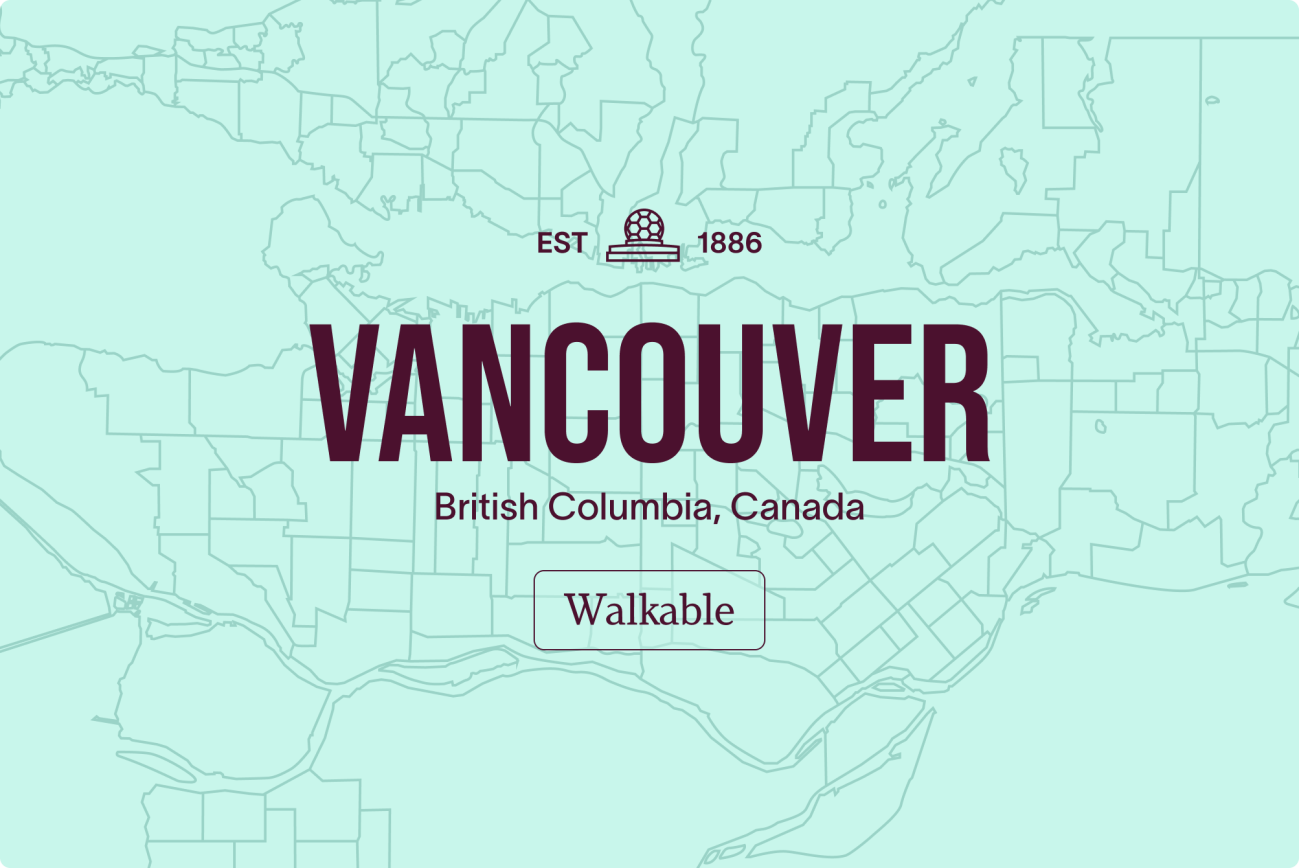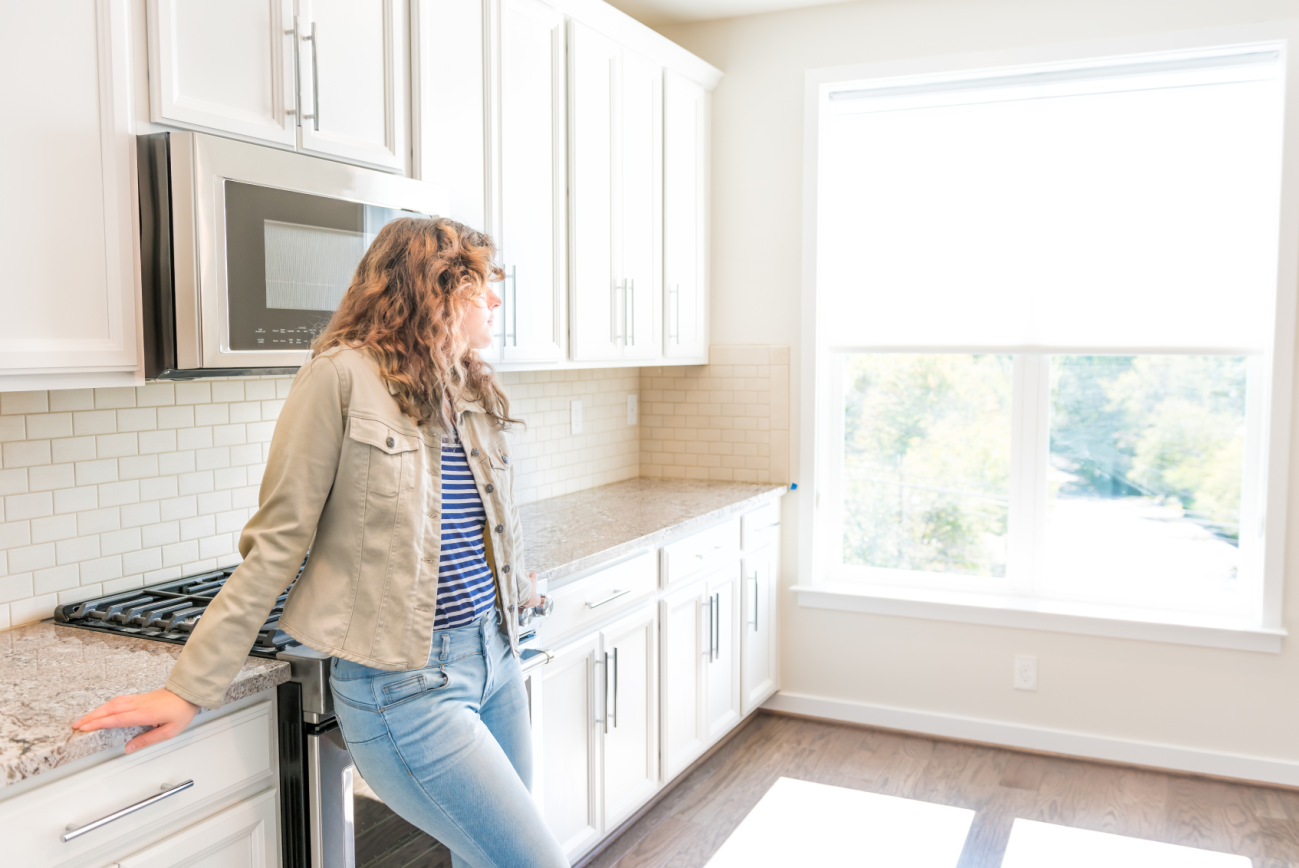The truth about buying a foreclosed home
Buying a foreclosed home could be a great opportunity if you’re an experienced buyer or someone with business savvy. But beware of risks and hidden costs before you give in to the allure of a great deal — there’s more to a foreclosure sale than meets the eye.
What is foreclosure?
If a homeowner is unable to make loan payments, whoever offered them the loan may be able to repossess the property and sell it to make back their money. In Canada, a lender can begin the foreclosure process as soon as a loan payment defaults. However, this doesn’t mean that the home will be listed for sale immediately. First the bank, lender, or government entity offers a notice of default as a warning, following a missed mortgage or property tax payment. Some owners will try to sell before the home is repossessed and other properties will end up in auctions. Foreclosures are less common in Canada than in the United States.
Foreclosure types and terms
Foreclosed homes can be repossessed and sold by:
- The bank who offered the home loan
- The lender who offered the home loan
- The government who insured the home or when property taxes are owed
Judicial sale
A judicial sale means the lender needs to go through a legal proceeding to obtain permission to repossess and sell the property. In this case, the lender petitions the relevant government and demonstrates that payments have been missed. Once the legal proceedings begin, the homeowner is served with a statement and has a chance to provide a statement of defence. If they don’t provide a statement or cannot make a payment, the court can grant the lender permission to sell the home. A judicial sale is most common in Nova Scotia, Saskatchewan, Quebec, Alberta, and British Columbia.
Power of sale
In a foreclosure power of sale, the lender doesn’t need to go through a legal proceeding in order to repossess and sell the property. This is usually because of a clause in the mortgage contract that allows repossession in case of nonpayment. In Canada, this generally happens after four missed payments and a grace period in order to respond to a warning and make a payment. Once an eviction notice is sent, most homeowners are given 30 days or more to vacate the property. Power of sale foreclosure is most common in Ontario, P.E.I., New Brunswick, and Newfoundland.
Pre-foreclosure
A pre-foreclosure sale is made when a buyer is given a foreclosure notice, but still has a window of time to sell the home themselves before it’s repossessed. These homeowners are incentivized to list their home and make a quick sale because they can’t make upcoming payments and want to avoid repossession by the lender. Pre-foreclosure isn’t officially a foreclosure sale, since the sale is made by the homeowner and not the lender. The bank or lender can potentially deny a pre-foreclosure sale that they deem as too low, even if it’s approved by the homeowner.
Foreclosure auction
Foreclosure auctions are held by trustees on behalf of the bank or lender who is selling the foreclosed home. Auctions happen in person or online, and bidding generally starts as low as the owed amount that needs to be repaid.
You can find out about foreclosure auctions through real estate agents, government sites, or search engines. Some auctions award a sale to the highest bidder (absolute auction), while others must be approved by the bank or lender even if they make the highest bid (lender confirmation auction). Confirm the legalities of the auction you’re engaging in before you commit to understand the conditions of the sale.
- What kind of deposit is required to participate in the auction? Do you lose this deposit if you’re unable to make the final purchase?
- What kind of fees are involved with the auction itself? These can include banking fees, administrative and legal fees.
- Most auctions don’t allow for inspections or walk-throughs, so it’s important to define your financial limits before you get swept up in the energy of an in-person bidding war.
Potential benefits of buying a foreclosed home
The biggest draw to buying a foreclosed home is the potential bargain. Most foreclosed homes sell for significantly less than the local market value, often with lower downpayments. If you can nail down a great deal and save money on purchasing a home, you can use the money you saved to invest in the property itself, driving up the value of the property even more. A buyer is often in a position of power when buying a foreclosed home. Especially in pre-foreclosure, a seller is in a hurry to sell and they’re more likely to waive conditions and take the best deal they can. Buying a foreclosed property from a lender, bank, or government may also give the buyer a price advantage, but there are drawbacks and other potential costs involved too.
Drawbacks of purchasing a foreclosed home
If you’ve ever purchased a piece of clothing or furniture that’s sold “as is,” you may have noticed a missing button or split seam. Foreclosed homes are often sold “as is” too. They can come with unexpected surprises and extra work. In a typical home sale, weeks of planning allow time for a seller to prepare and prime a home. Since a foreclosed home is an unplanned sale, don’t expect the extensive renovating, updating, cleaning, painting, appraising, and staging that a typical home sale requires. You should also contact your insurance broker to confirm the property can be properly insured.
A foreclosed home may require extra maintenance or renovations.
In a regular home sale, you can negotiate for updates or inspections to be done by the seller as a condition of your home purchase. When you buy a foreclosed home in an auction, you might not have that opportunity. If the people who lived here before weren’t able to pay their mortgage, they likely weren’t able to pay for regular maintenance or updates either. With the help of your real estate agent, get as much information as you can to get a sense of the renovations that may be needed.
Be prepared for surprise costs.
You should always plan for surprise costs when purchasing a foreclosed home. Aside from the cost of cleaning, potential renovations, and repainting, the home may also have health hazards, defects, damage, or structural issues which can be costly to address. Ask your real estate agent to confirm that any liens or debts on the property have been paid. You may also find it more difficult to obtain a loan for a high-risk property as lenders are hesitant to offer loans for foreclosure properties.
Here are some general costs to plan for:
- Administrative and legal fees
- Auction fees or deposits
- Renovations based on your assessment or knowledge of the property’s state
- Changing the locks and installing a security system is especially important on a foreclosed property
- Property and land transfer taxes (in Canada you are still responsible for these when buying a foreclosed property)
- Permits to build, expand, or add a garage or new porch
- The transferring of utilities and installation of new systems or updates to existing ones
- Cleaning and repairing any damage. Some foreclosed properties are subject to vandalism, especially if they’re vacant for a long period of time.
- New appliances are more likely to be needed with a foreclosed property
The approval process and closing can be lengthy and complicated.
If you’re in a hurry, buying a foreclosed home might not be right for you. You can expect a stricter set of protocols and forms to sign before you’re able to move in, especially if a bank or government entity is conducting the sale. The bank or lender you’re buying from might also have a backlog of foreclosures to go through, so you may have a longer wait to hear back about your offer. Your real estate agent also won’t be able to negotiate in the same way as they would in a more traditional sale. It’s not always possible to require an inspection or negotiate terms with a foreclosure purchase.
More competition
With a low-cost foreclosure, you’ll be competing with other buyers, house flippers, and investors who can incite a lively bidding war and drive up the price. Some bargain listings can more than double the listed price if competition is high. Some of these buyers will be able to offer cash or partner with investors to guarantee a sale. Ask your real estate agent how you can make your offer more competitive and prepare to make a significant down payment to cut through the competition.
How to purchase a foreclosed home
Use these steps to save money, assess value, and ensure the best decisions at every step of the process.
Get pre-approved for a mortgage
Pre-approval is always a great first step when you’re looking to buy. Lenders and banks will look for a pre-approval letter to confirm that you’re a capable buyer. Since foreclosure auctions can be quick and intense, it’s imperative to have a firm handle on how much you’ll be able to spend (with extra room for surprise costs). This way you won’t be swept up into an auctioning frenzy for a home you want. This is also a great time to improve your credit score and pay off any outstanding debt.
Hire skilled professionals
The right team can save you money and headaches throughout the homebuying process.
A real estate professional can help you navigate the details and make smart decisions when buying a foreclosed property. They can also help find properties that you can’t find online yourself. A multiple listing service (MLS) offers full details on the home being sold with information verified by the selling entity that only your agent can access.
A skilled real estate attorney is especially important when you’re purchasing a foreclosed home. Your lawyer can help you understand the risks of the property you’re buying, and outline your options to protect yourself and your investment wherever possible. In the rare event that the prior tenant of the foreclosed property refuses to leave, an attorney can also help you navigate the legal proceedings of eviction.
Build a financial strategy with your financial advisor to budget for your home purchase, and build a plan for hidden costs so that you’re well prepared.
Find foreclosed properties
Your real estate agent can help you find foreclosed homes on a MLS. You can also search for foreclosed homes using the Houseful search filters. In some listings, the foreclosure might be buried in the description. Expect to spend several extra months in the search process when you’re looking to buy a foreclosed property. Since foreclosure auctions are competitive, you might need to make several bids before one is accepted. Foreclosure is also less common in Canada so it can take time to find a property that fits your criteria and is worth the risk.
Do your due diligence
More information on a property puts you in an advantageous position to make an offer that benefits you. Get more information, including asking for appraisals and inspections whenever possible. Having a report on the maintenance, structural well being, and essential systems of the house is a huge help in buying your home. Any reports on the history of the home can help paint a fuller picture if a proper appraisal or inspection isn’t allowed. If you have the address, you can check out the property and the neighbourhood from outside; this is also helpful to confirm it hasn’t been vandalized or that there aren’t current occupants illegally inhabiting the property.
Calculate the potential value of the foreclosed home
Your real estate agent can help you establish whether the risks of buying a foreclosed home outweigh the potential value. Here are some factors to take into account:
- What are the potential repairs and updates required? Based on the information you have, what kind of renovations are necessary and how much might they cost? What is the cost of replacing an old electrical system or retiling the roof? Have you considered what the costs would be to remedy more extreme foundational damage?
- How are the property values in this area trending? Is there planned construction or development that could affect local property value? What school district or local parks are nearby?
- Find out how long the foreclosed property has been on the market. Banks or lenders will be incentivized to accept a significantly lower offer if a home has been hard to unload.
Houseful can help with your home search
Access all the info you need about a potential home with search tools right at your fingertips. Our school ranking and neighbourhood tools help you find homes that are in your area and get to know what’s within walking distance, even before you see a home. Homebuying can be a daunting process, that’s why Houseful is here providing support and guidance at every step of the way. For a new and differentiated homebuying experience, sign up at Houseful.ca




